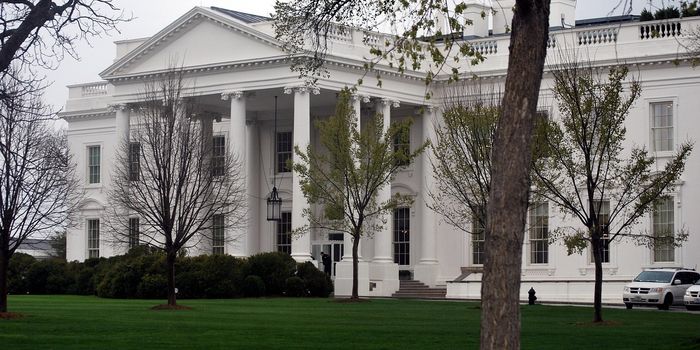How Blockchain is Affecting the Healthcare Industry
Cryptocurrency is currently making its way into just about every industry, mainly with the help of blockchain. Blockchain is the database that contains all cryptocurrency data and is so called for the way it is structured. Data is validated, collected into blocks, and added to the chain by Bitcoin miners, creating a timeline of transfers and a decentralised system that rewards the miners for legitimising the data.
But it has a lot of other uses, being data. It even has a range of uses in the healthcare industry. Read on to find out how blockchain is affecting the healthcare industry.
Remote monitoring
One of the biggest trends in healthcare right now is remote monitoring. It was being considered revolutionary even before we all had to keep 2 metres away from each other. Small gadgets measuring vital signs were popping up, allowing patients to go home with the watchful eye of their doctor still on them.
However, these gadgets were hitting an ongoing problem of security. Patient data wasn’t guaranteed to be secure and the data could be tampered with to give false information.
So, it’s useful then that one of blockchain’s main benefits is its far superior security. Patient data can be kept on blockchain ledge and patients and doctors can be secure in knowing it cannot be tampered with.
Plus, blockchain’s decentralised nature means that IoT gadgets designed for healthcare can communicate without going through a centralised server, so there are no chances for an attack on the server to affect the data.
Blockchain medical records
Cryptocurrency jargon can be confusing because it is so new. You might not be sure what Hanging Man Pattern or Alt Season means, but you can just about get your head around blockchain. Data is collected into blocks, those blocks are added to the chain, and the chain never ends. It is a virtual everlasting chain of information.
So, it only makes sense that patient medical records are starting to be incorporated into blockchain. Our lives are a series of events, and so are our medical records. We’re born, we gain a nappy rash, then an ear infection, etc.
Do you know what other industry is full of barely understood jargon? Usually Latin, no less. Medicine. A shocking $11 billion a year is lost from the healthcare industry due to simple miscommunication between medical professionals.
This is where blockchain comes in. One patient’s entire history can be contained in its own blockchain for doctors, hospitals, and pharmacists to access. Without the interference of human error, patients will receive faster diagnoses and even personalised care plans.
Genomic breakthroughs
When you think of genomics, chances are you will think of something like Ancestry.com or 23andMe. A genome is a set of genetic instructions that hold all the information needed to build you from the ground up. Plus, it is informed by every ancestor you’ve ever had. That’s a lot of data to store in an organic substance. So, you can imagine the transfer into data would be a lot to store too.
Blockchain is allowing a growing industry to store and study billions of genetic data points. The medical industry has been studying genomes to see if they can unlock answers to our health and past. The very ambitious goal is to see if we can remove ailments by studying a person’s genomes, like cancer, diabetes, and cardiovascular disease.
Blockchain is the perfect option for a growing industry that is constantly adding data to its collection, since blockchain is essentially the same concept. As blockchain grows and offers more storage space, billions of genomes can be stored safely and accessed through an encrypted database.









